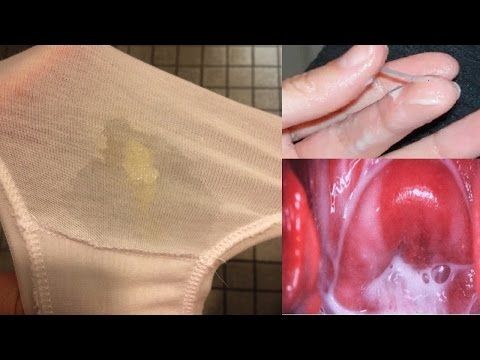Vaginitis is usually a condition that most women would have to deal with at least once in their lives. It happens when the vagina or vulva becomes irritated or inflamed. This may be caused by a change in your body's natural vaginal pH balance, or it can occur when you're allergic to certain vaginal products. In some cases there is more than one cause for vaginitis things that can cause vaginitis includes:
Vaginal Yeast Infections: Vaginal yeast infections are caused when candida bacteria overgrow
Candida is a naturally occurring bacteria found in everyone's body. It is normally kept under control by the good bacteria in your vagina.
When there is an imbalance in your body's natural vaginal area, a problem can develop. If your body doesn't get the right amounts of vital nutrients or has an infection, the candida bacteria will begin to overgrow. The most common symptom of a vaginal infection is a red, itchy vagina. You may also feel pain and irritation after urinating.
To prevent vaginitis, it's important to ensure that you're getting the right amount of essential nutrients for your vaginal area. Eating foods rich in Vitamin B are helpful. You can also take a good supplement for this.
Sex can cause irritation and inflammation in your vaginal area. If you're experiencing this problem, you should try not to ejaculate too soon. This is because ejaculating prematurely can increase the amount of friction in your vaginal area, which can irritate it even more.
Bacterial Vaginosis: BV is a type of sexually transmitted disease (STD). The bacteria are present in your vagina. When you have BV, they multiply rapidly and start attacking your body's healthy bacteria. BV symptoms include itching, burning, white blood cells, and bad vaginal discharge. It is very common in women who have multiple partners.

BV is a serious condition. Treatment involves taking antibiotics. Your doctor will recommend you take an acidophilus pill every day. But if the bacteria continue to grow in your vagina, you may need to take even stronger medications, like Diflucan.
The good news is that BV can be treated in a few days, if detected and treated quickly. However, don't worry if you think you might be suffering from bacterial vaginosis. You should always visit your doctor to make sure everything is fine. Although bacterial vaginosis is not really harmful to your health, it's important to take action when it affects your life.
Yeast Infections: You may have heard that you can stop yeast infections with vinegar and water. Yes, it's true. Soak a tampon in vinegar or water and insert it into your vagina. The acid in the vinegar will kill the fungus in the vagina. In fact, it's probably best to do this for several weeks so that you get the right results.
Using a douche or vaginal cleaner on a regular basis can also help cure vaginitis
You should only use unscented cleansers. Never use any deodorant or soap. Deodorants or scented products will make your vagina smell bad and can actually make things worse. When treating vaginal vaginitis, never scratch at your vagina.
Taking probiotics can also help fight off yeast infections. A well-balanced diet rich in fiber and live bacteria can help keep your immune system strong. This will prevent the spread of Candida yeast from one person to another. You can find probiotics in many supermarkets and even drugstores.
In addition to treating your vaginal symptoms, a lot of people find this as an effective way to prevent them from happening in the first place. The right diet can help keep the bacteria from overgrowing. Since the bacteria live in your intestines, eliminating bad bacteria can cause the yeast to disappear.
Natural remedies can also be used. Herbal supplements can work wonders when used as a treatment. These include garlic, yogurt, apple cider vinegar, and other natural ingredients that can be found at most health food stores. You should consult your doctor about your particular case.
About the author